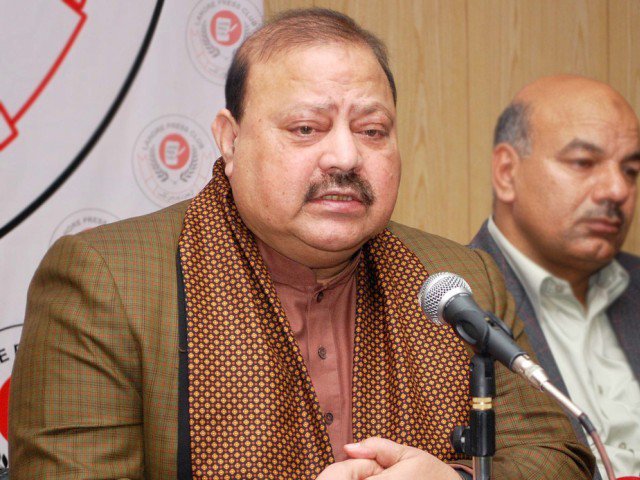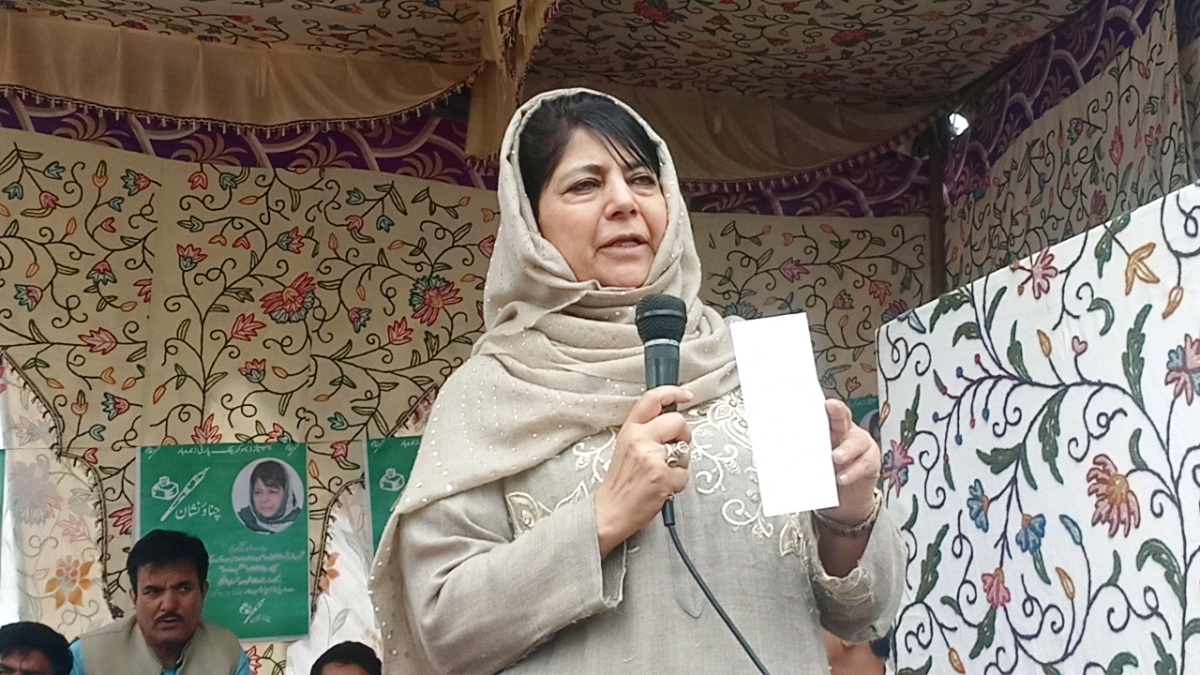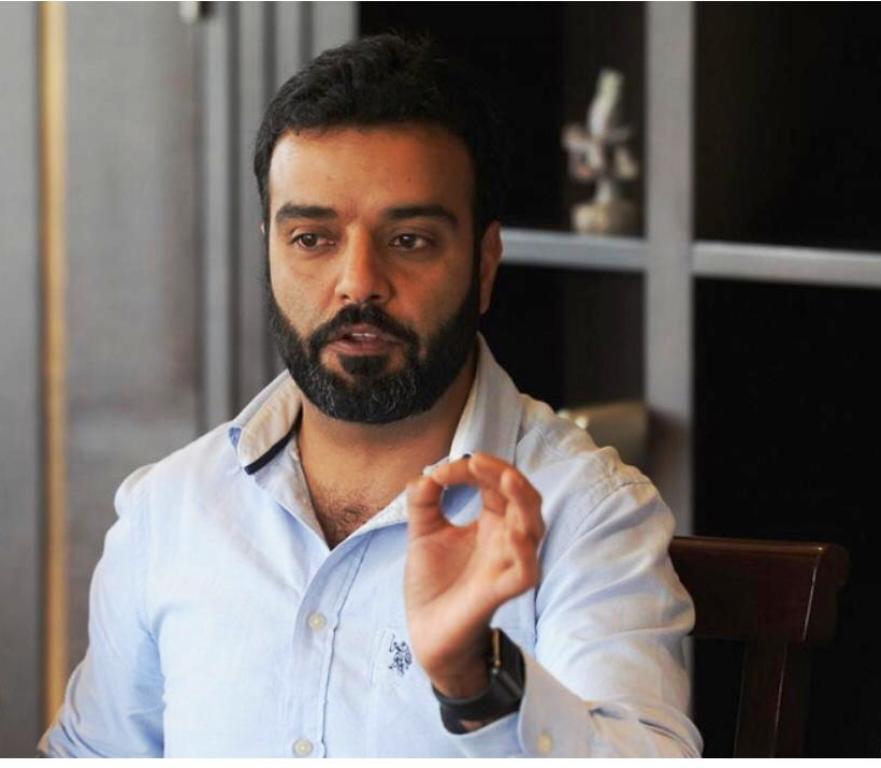KL Desk
SRINAGAR

Stressing that the United States administration should persuade both India and Pakistan to settle the Kashmir conflict through tripartite and purposeful dialogue, the former Prime Minister of Pakistan-administrated-Kashmir and Pakistan Tehreek-e-Insaf leader, Barrister Sultan Mehmood Chaudhry emphasized that Kashmir is the flash point between the two nuclear countries of India and Pakistan which deserves the attention of the world powers.
While addressing a public gathering in Washington, D.C, Barrister Sultan said that the Kashmir dispute is about the right of self-determination of the people of Jammu & Kashmir.
“The people should be the makers of their destiny and not India or Pakistan,” he said.
He reiterated that the peace in the region of South Asia, particularly after the withdrawal of NATO forces from Afghanistan would not be possible unless the Kashmir issue is resolved in the light of UN resolutions and in accordance with wishes and will of the people.
Barrister underlined that Kashmir is not a bilateral issue between New Delhi and Islamabad but an internationally recognized dispute.
“Therefore,” he said, “dialogue process should include all the three parties – India, Pakistan and Kashmiri people.”
He informed the audience that the Indian government including its foreign minister Shusma Swaraj tried her best to convince British government to cancel the “Million Man March” in London. “But the British government,” he said, “gave preference to the freedom of expression and rejected the Indian demand to cancel the march.”
“I told the British Parliamentarians during their current election campaign that Kashmir dispute was a legacy of Great Britain, therefore, it was imperative for British government to resolve the issue once for all.”
Barrister Sultan urged the United States administration to take notice of the human rights violations “being perpetrated by the Indian forces” on the people of Kashmir.
“We want Pakistan to be strong,” he said, “then alone it could defend the rights of the people of Kashmir.”
Prominent Pakistani American scholar and journalist Mowahid Hussain Shah, Attorney-at-Law and former Special Assistant to Chief Minister of Punjab said that law, facts, and morality are firmly on the side of the people of Kashmir. “India may have occupied Kashmir,” he said, “but they have been unable to conquer the spirit of the people.” The people of Kashmir, he said, have set an heroic example of resistance against all odds.
While highlighting the “ongoing violation of international law in Indian side of Kashmir and applicable UN resolutions”, Shah urged fair, full, and free plebiscite under UN auspices.
“The denial to date to exercise the right of self-determination represents a lethal threat to the just order of the region,” he said.
Shah elaborated that the key issue for the people of Kashmir was never give up the legitimate struggle. “They should take the inspirational example of Nelson Mandela, whose steadfastness and unwavering determination compelled the apartheid regime of South Africa to eventually crumble,” he said.
“Be wary of the nefarious attempts by vested quarters to depict the Kashmiri struggle in terror colours when, in fact, the current Prime Minister of India, Mr. Modi, was himself excluded and barred from entering the United States for 10 years for his direct complicity in the Gujarat massacres of 2002. The basis of Mr. Modi’s exclusion by the US State Department should have been highlighted and still needs to be highlighted.”
Shah concluded by stressing that Kashmir was a nonpartisan issue, which was beyond party politics in Pakistan. “And shall remain so,” he said, “until justice is done.”
Dr Ghulam Nabi Fai, Secretary General of the World Kashmir Awareness said that the Kashmir dispute primarily involves the life and future of the eighteen million people of the Jammu & Kashmir. “So the fairness demands that they need to be included in determining the future status of their State,” he said. Because of the impact of Kashmir conflict on relations between New Delhi and Islamabad, he said, it directly affects the peace and stability of the South-Asian subcontinent which includes India, Pakistan and Afghanistan.
Dr Fai warned that India and Pakistan both being nuclear-weapon states directly confronting each other, this dispute is potentially the most dangerous in the world. “It should, therefore, be a major interest of the US to prevent this dispute from exploding into a conflict which can be catastrophic for a large proportion of the human race,” he said.
“Peace between India and Pakistan could help unlock another conflict with even higher stakes for the United States: the war in Afghanistan. Indeed, a growing chorus of experts has begun arguing that the road to Kabul runs through Kashmir—that the US will never stabilize the former without peace in the latter. Suddenly, bringing India and Pakistan together seems to be very much in America’s interest, which makes the Obama administration’s determination to avoid the issue increasingly hard to fathom.”















